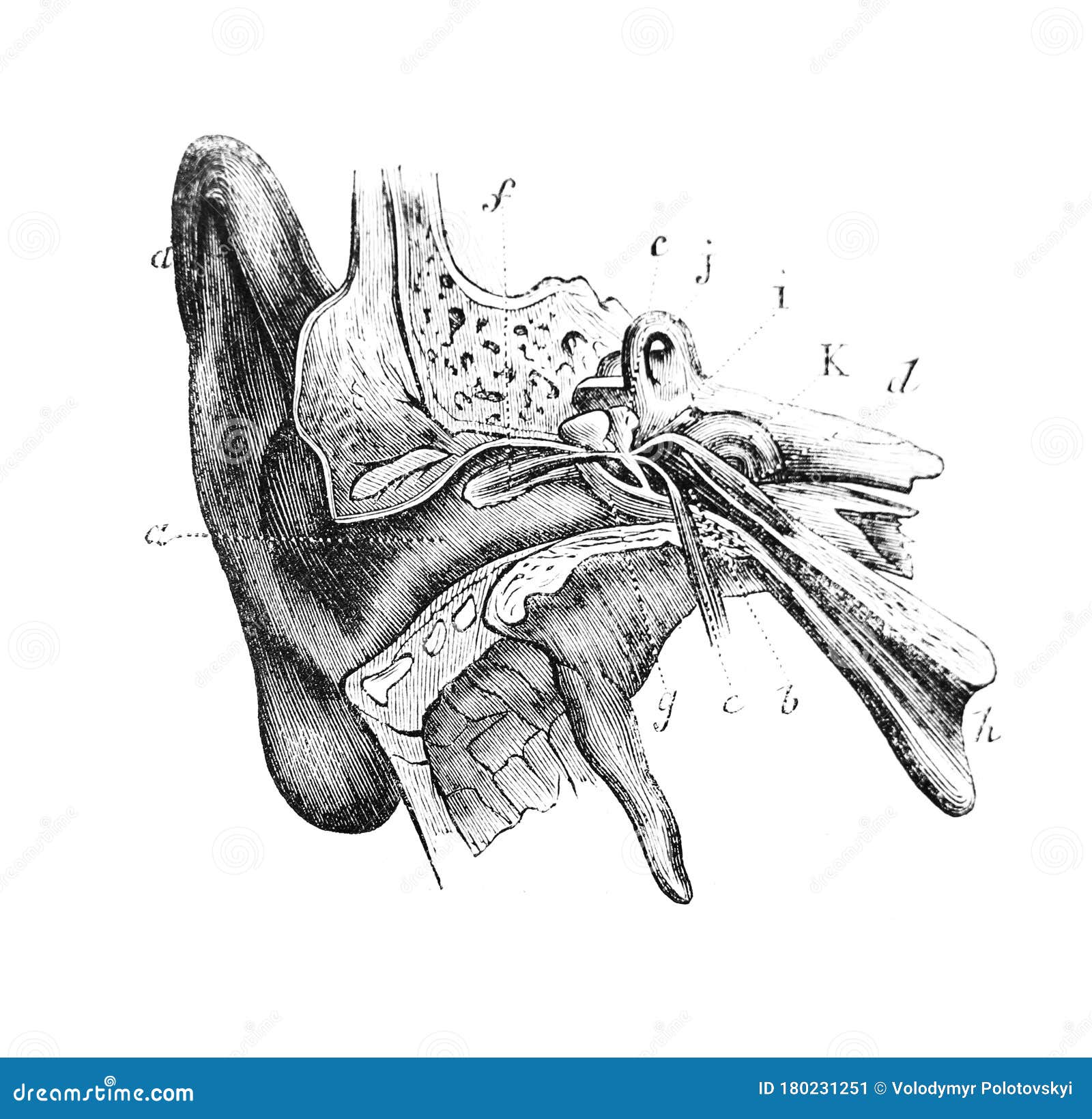
#External auditory skin#
Using these items can pack material deeper into your ear canal, irritate the thin skin inside your ear or break the skin. Never attempt to scratch an itch or dig out earwax with items such as a cotton swab, paper clip or hairpin. The outer third of external auditory canal is cartilaginous and contains pilosebaceous glands and hair follicles. Avoid putting foreign objects in your ear.If you've recently had an ear infection or ear surgery, talk to your doctor before swimming. Use caution after an ear infection or surgery.Put cotton balls in your ears while applying products such as hair sprays and hair dyes. Wear earplugs or a swimming cap while swimming to keep your ears dry. Don't swim in lakes or rivers on days when warnings of high bacteria counts are posted. Similar over-the-counter solutions might be available at your drugstore. Before and after swimming, pour 1 teaspoon (about 5 milliliters) of the solution into each ear and let it drain back out. This solution promotes drying and helps prevent the growth of bacteria and fungi. If you know you don't have a punctured eardrum, you can use homemade preventive eardrops of 1 part white vinegar to 1 part rubbing alcohol. You can safely dry your outer ear canal with a blow-dryer if you put it on the lowest setting and hold it at least a foot (about 0.3 meters) away from the ear. Dry only your outer ear, wiping it gently with a soft towel. After swimming or bathing, tip your head to the side to help water drain from your ear canal. This rare complication can be life-threatening.įollow these tips to avoid swimmer's ear: If swimmer's ear develops into advanced skull base osteomyelitis, the infection can spread and affect other parts of your body, such as the brain or nearby nerves. Older adults, people with diabetes or people with weakened immune systems are at increased risk of this complication. This is a rare complication of swimmer's ear that occurs as the infection spreads to the cartilage of the outer ear and bones of the lower part of the skull, causing increasingly severe pain. Bone and cartilage damage (early skull base osteomyelitis).Rarely, swimmer's ear can spread into deep layers and connective tissues of the skin.

Chronic infections are more common if there are conditions that make treatment difficult, such as a rare strain of bacteria, an allergic skin reaction, an allergic reaction to antibiotic eardrops, a skin condition such as dermatitis or psoriasis, or a combination of a bacterial and a fungal infection. An outer ear infection is usually considered chronic if signs and symptoms persist for more than three months. Long-term infection (chronic otitis externa).You might have muffled hearing that usually gets better after the infection clears. Swimmer's ear usually isn't serious if treated promptly, but complications can occur.


 0 kommentar(er)
0 kommentar(er)
